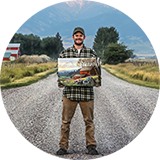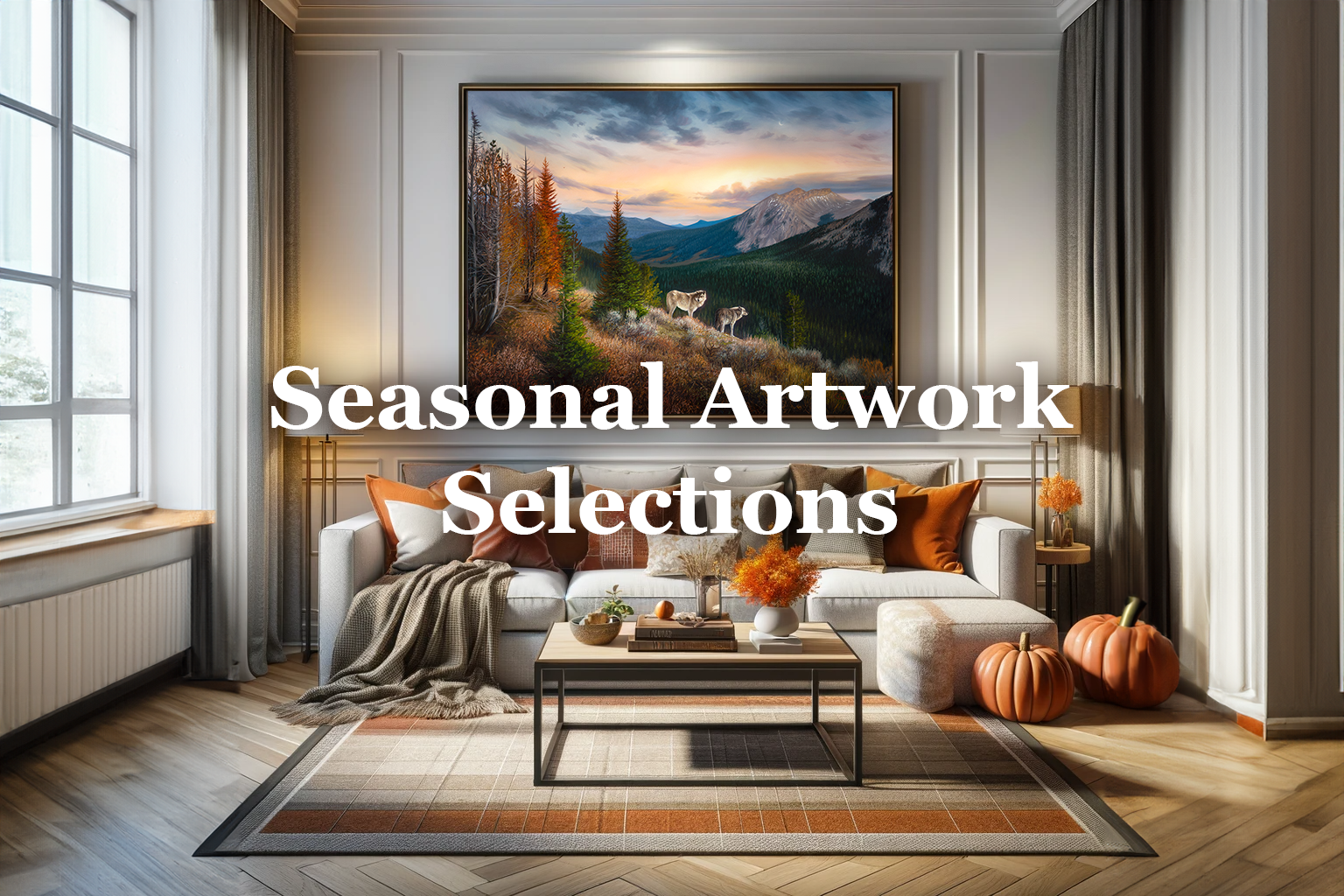This blog is supported through the affiliate links below
The Biggest Mistake Beginner Oil Painters Make and How to Avoid It
When I first started oil painting, I vividly remember the excitement of picking up my first bit of paint on the brush. There's a certain magical quality to the medium that instantly captivates you and pushes us to explore its possibilities. However, as with any new endeavor, it's natural to stumble a bit along the way. Today, I want to share with you the one mistake that I believe many beginner oil painters make and offer some advice on how to avoid it.

Note: This blog contains affiliate links and purchasing through them supports our site at no extra cost to you.
The Mistake: Rushing Into Complex Subjects
Ah, the allure of grand landscapes, intricate still life and portraits! As beginners, we often dream of creating masterpieces right from the start, mesmerized by the work of accomplished artists. However, diving headfirst into complex subjects without building a solid foundation can quickly lead to frustration and even disappointment.
When we tackle intricate compositions without the necessary skills and understanding of oil painting techniques, it becomes a recipe for disaster. The complexity overwhelms us as we struggle to capture the essence of the subject accurately. But fear not, fellow artists, for there is a way to navigate around this obstacle.

My Advice: Start with Simplicity
Embracing simplicity is the key to honing your skills and building a strong artistic foundation. Instead of attempting to create a masterpiece right out the gate, focus on developing your technical abilities through simpler subjects. Start with objects or scenes that possess fewer elements and use a good brush that sits in between a detail and large area brush like this one here. Allow yourself to understand and grasp the fundamentals of oil painting before you dive in head first. Here are a few tips to dip your toes in first:
Choose Simple Subjects: Begin by selecting subjects with uncomplicated shapes, such as a single fruit, a small flower, or a straightforward landscape. By doing this, you can concentrate on understanding color mixing, brushwork, and the handling of different textures. Focusing on your relationship with the colors you use I think is the first thing any beginner oil painter should do. Get good with understanding how your colors interact with each other, and everything else becomes easier from there. It's helpful to experiment with a couple different mediums as well when starting out. I wrote a blog post on oil mediums here.
Study Light and Shadow: Mastering the way light and shadow play off each other is crucial for any type of painting. Use simple subjects with strong lighting to study how light interacts with surfaces and how shadows are cast. This will lay a strong foundation for more complex compositions in the future.
Experiment with Limited Color Palettes: Once you are comfortable with your colors, try limiting them. Limiting your color palette can help you focus on value rather than getting overwhelmed by a wide range of choices. Gradually introduce more colors as you gain confidence with mixing. I also like using a neutral gray glass palette like this one here to help with my perception of the colors I'm using.
Practice Basic Techniques: Patience is paramount in oil painting. Dedicate time to mastering the fundamentals like underpainting, glazing, and blending. These techniques will serve as building blocks for more complex works. I think starting out by using a color like burnt sienna to paint a monotone underpainting is a great way for beginners to learn composition, value, and contrasts.
Seek Guidance and Feedback: Don't hesitate to join local art communities or online forums where you can connect with fellow artists. Share your work and ask for constructive feedback. Engaging with others will provide valuable insights, encouragement, and inspiration along your artistic journey. My patreon has a great discord community that is getting started.

I think it's essential to approach oil painting with patience and humility. By starting with simple subjects, we can gradually build our skills and gain the confidence to go after more complex compositions over time. So enjoy the process, embrace the mistakes, and allow yourself the freedom to grow. Now, pick up your brushes, choose a simple subject, and let the magic of oil painting unfold one stroke at a time.
Grow Your Painting Skills and Resources
Instant access to 1000s of royalty-free reference photos of landscapes and wildlife as well as step by step oil painting videos. Checkout My Memberships for more info.

I'm Chuck Black, landscape and wildlife artist based in Southwest Montana.





